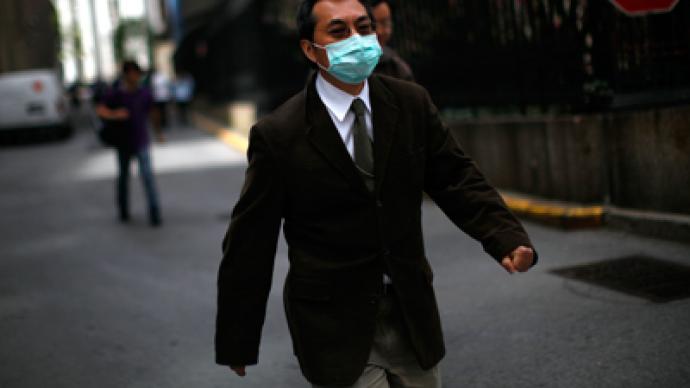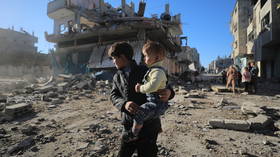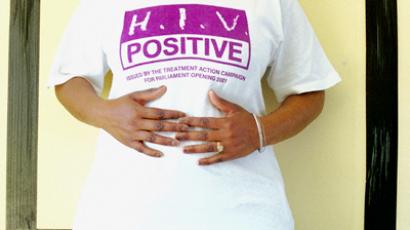West Nile virus epidemic the worst America has ever seen

Cities across the United States are being ravaged by an outbreak of West Nile virus, and experts say the epidemic is the worst the country has ever seen.
"The number of West Nile virus disease cases has risen dramatically in recent weeks, and indicate that we're in the midst of one of the largest outbreaks ever seen in the US," Dr. Lyle Petersen of the US Centers for Disease Control and Prevention tells reporters this week. So far in 2012, the number of confirmed cases of West Nile in the United States has come close to around 1,120, or four times what the US experiences in an average year. The Texas Department of State Health Services says that they’ve spotted 586 confirmed cases so far this season, and have blamed the outbreak on 21 deaths — more than half of all fatalities in America, currently tallied at 41. Between 2003 and 2011, Texas has only been linked to only 10 West Nile fatalities.“I cannot have any more deaths on my conscience because we did not take action,” Dallas Mayor Mike Rawlings says. In order to address the problem, his city has already ordered an aircraft to spray parts of the vicinity with insecticide, but in doing so has exposed residents to a chemical that is toxic to aquatic life. West Nile virus can cause symptoms that can range from headaches and fevers to neuroinvasive diseases, such as encephalitis or meningitis, and doctors say that those more dangerous cases are also a substantial chunk of all spotted outbreaks. And not only has the US experienced far more cases than usual this year, but more than half — 56 percent — have been classified as a neuroinvasive diseases, which is more apt to cause death, US News reports. Dr. Lyle Petersen, the director of the CDC's Vector-Borne Infectious Disease Division, tells CNN that the worst time of year for US West Nile cases is mid-August, meaning the epidemic, why on the way out, could still be infecting Americans at record rates."The peak of West Nile virus epidemics usually occurs in mid-August, but it takes a couple of weeks for people to get sick, go to the doctor and get reported," Dr. Petersen says. "Hot weather, we know from experiments done in the laboratory, can increase the transmissibility of the virus through mosquitoes and that could be one contributing factor."














